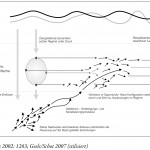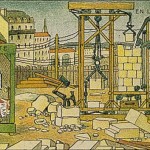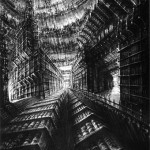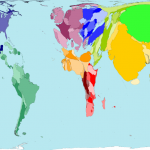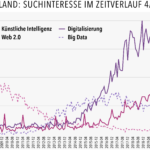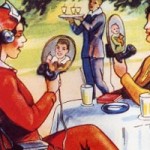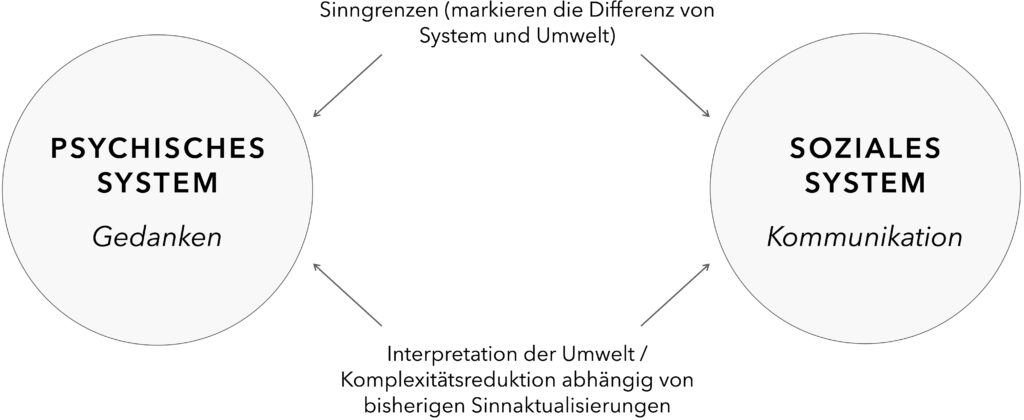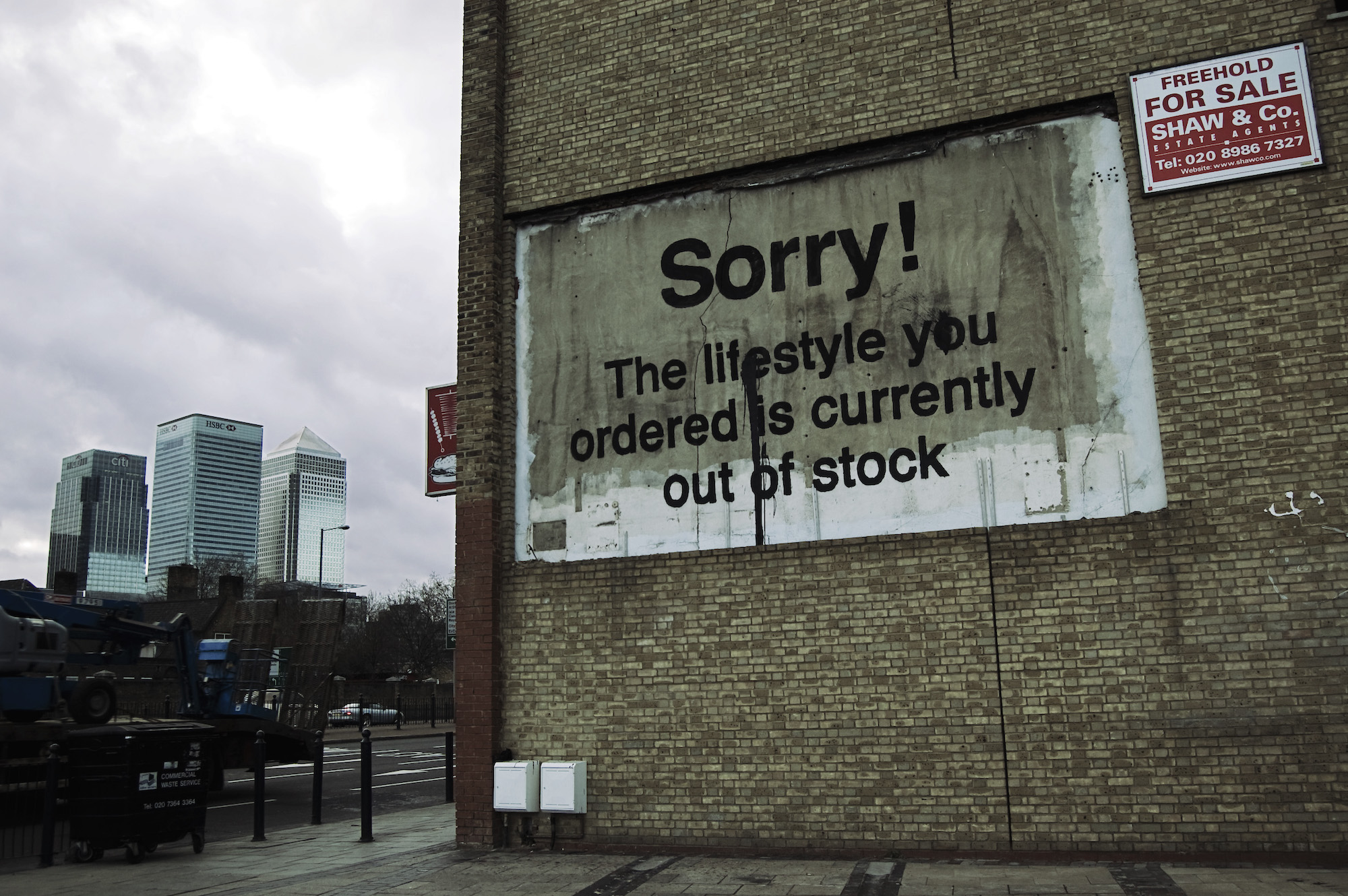Materializing Digital Futures
Jan-Felix Schrape | 9. Juni 2016Ende Mai ist der Sammelband »The Decentralized and Networked Future of Value Creation« erschienen, in dem sich auch der Artikel »Materializing Digital Futures« findet, den ich zusammen mit Sascha Dickel verfasst habe:
Based on two paradigmatic case studies—Web 2.0 and 3D printing—this chapter explores the semantic patterns of popular media utopias and unfolds the thesis that their continuing success is based on their multireferencial compatibility to a broad variety of sociocultural and socioeconomical discurses. Further, we discuss the ambivalences and social functions of utopian concepts in the digital realm.
Dabei kommt der Beitrag u.a. zu dem Schluss, dass mit Blick auf die ›Maker‹-Kultur und den 3D-Druck einschlägige technikutopische Erwartungen eine Reaktualisierung und Erweiterung erfahren, die seit über 15 Jahren an die veränderte Produktion medialer Inhalte im Web geknüpft werden:
The media utopias surrounding the Web 2.0 and 3D printing clearly hold out the prospect of a technologically mediated decentralization and democratization of social relationships and an emancipation of previously passive media users and consumers. In their radicalism, they are distinguished by a semantic architecture that is oriented on the expectation logic of the modern utopian discourse; in contrast to classic social utopias, however, the point of departure for the hoped-for changes is not located in the social order itself. Rather, new communication and information technologies are regarded as ›media‹ (in a literal sense) for a presumed transition or turning point.
[…] The apparent ›neutrality‹ of technology supports the conformability of technocentric visions to already existing social narratives and role models. Thus, the utopias outlined here are able to tap into hopes for (political) democratization, (individual) emancipation, (economic) decentralization, and (environmental) transformation. […] They create an impression of a further media revolution that supposedly will lead to a disruptive overriding of existing socio-technological configurations. In the intended user milieus and functional contexts, these narratives offer in turn highly simplified points of communicative reference that can serve as a basis of legitimization in individual, collective and corporative decision-making processes and also enhance the internal cohesiveness of the respective fields.
[…] With respect to media utopias, it is therefore less the specific mediated image of the future that is instructive, but rather the area of social reality being emphasized in the respective expectations. The utopias outlined here (Web 2.0 and 3D printing) suggest that the present separation of producer and consumer roles is not based on a law of nature; rather, it is a particular structure of the modern, functionally dif- ferentiated society. They reveal points of departure for alternative lines of devel- opment already being tested in niches uncoupled from market mechanisms.



